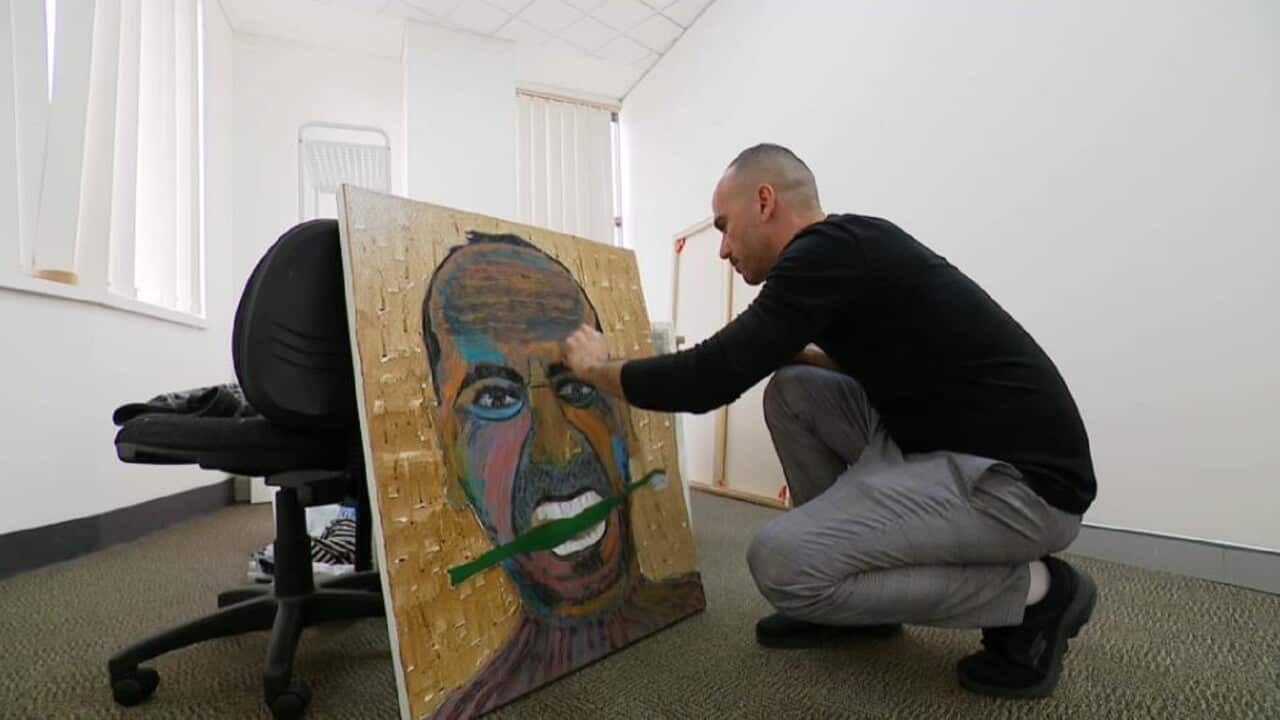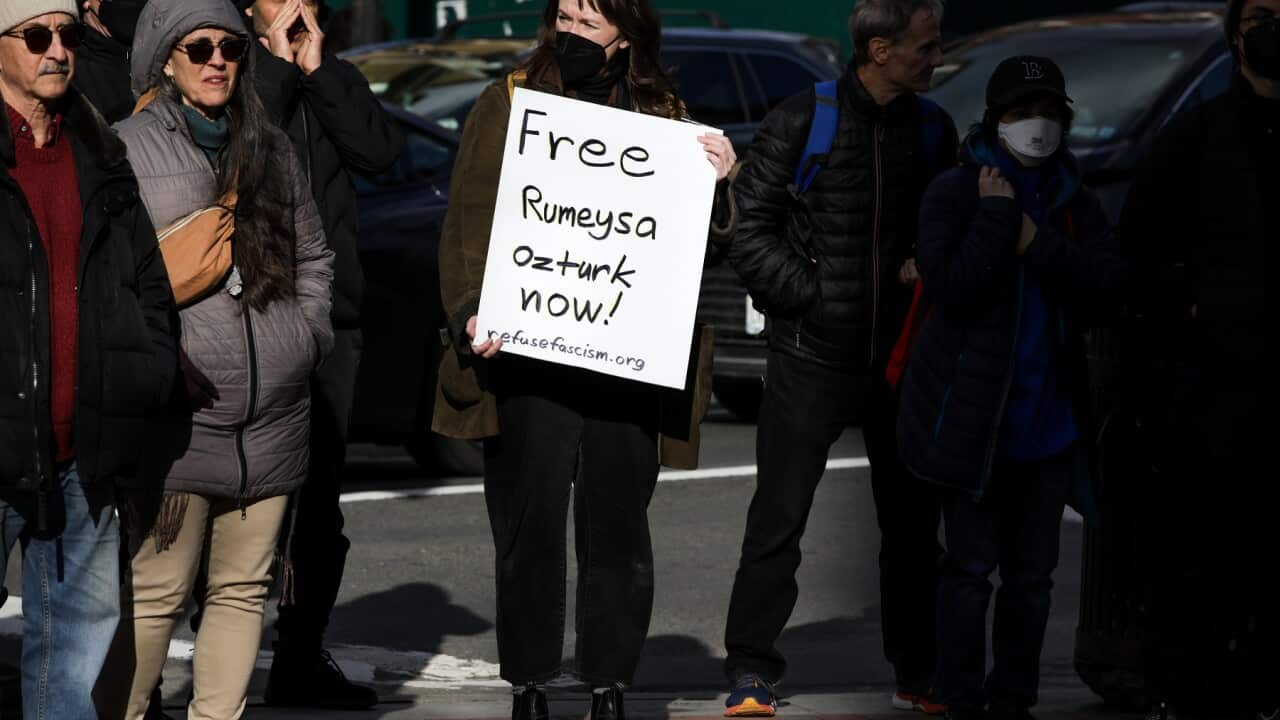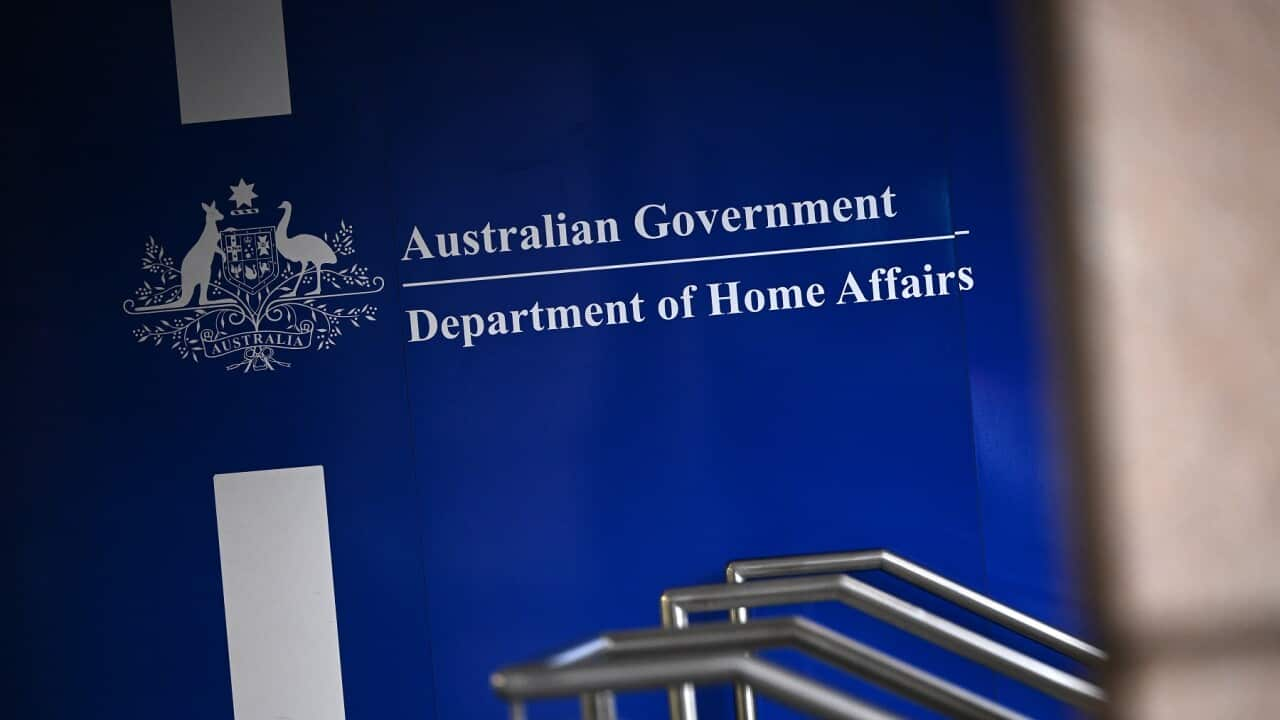TRANSCRIPT
In many high-income nations, housing markets are tight and expensive, making it increasingly difficult for refugees and asylum seekers to find stable, affordable housing.
Researchers at Flinders University in South Australia tracked the lives of 25 refugees and asylum seekers in Australia over three years, highlighting how housing quality and stability significantly affect physical and mental health.
Professor Anna Ziersch is the lead author of the study, published in B-M-C Public Health.
"Housing's such an important part of building a new sense of space and home here in a new country. And we know that there are a range of problems for people accessing housing for the general population, particularly at the moment, they're things like finding housing that's affordable, that's appropriate to your needs in the area that you'd like to live in but when you come from a from a forced migration background, there are an additional set of barriers that we've identified in the research, both in our research and it's also been found in other research."
What are these additional barriers?
"These are things like language barriers and not really knowing how the system works to get housing here in Australia. Usually when you're renting housing, you require rental references and identity documents that some people may not have. You might need to be able to sign a long-term lease, but if you're on a temporary visa, you aren't able to do that. You might experience discrimination in the housing market as someone from a migrant or refugee background, and for people that are just a long way from social connections that can help connect people into housing. And then once people are in housing, there can be ongoing issues for them in the housing."
Professor Ziersch says other barriers include being unable to find housing near their social connections and friends.
The study’s participants revealed how those challenging housing circumstances harmed their health.
One reported constant anxiety about housing tenure, while another mentioned how noise and lack of privacy affected their sleep.
These issues have serious implications for well-being.
Gemechu arrived in Australia with his mother and siblings as refugees 13 years ago.
He took part in the Flinders University study.
After initially being housed by Anglicare for three months, Gemechu and his family were told their time had expired and they needed to find their own residence.
"After three months, the lease finished and they said go out. ... We don't know how to communicate, we don't have reference to help us to find housing at the time. So we went through a tough time."
Gemechu's family had to couch surf for about a year, each living apart from family members.
"So we have to move out, one of us live somewhere and one, like couch surfing. We sleep wherever with different family. It took us around a year."
"Did you suffer anxiety and stress during this period?"
GEMECHU: "Yes, yes, I do. But I did well. Sometimes challenge makes you stronger. My younger brother was damaged. It's a long story. It was a tough time. It was a tough time."
"So when were you all reunited again in one house, or has that not happened?"
GEMECHU: "Not happened."
"So until now, 13 years later, you're unable to get a house all of you together?"
GEMECHU: "We all going different paths. I did well. I got here as an adult, so I did well. Studied, good education, finished, working hard. Now I have got my house."
"Okay, and your mother has somewhere to live, and your brother as well?"
GEMECHU: "They are struggling. My other brother and sister. Still struggling to settle in being here for a long time."
Gemechu reflects on his family's life in Africa and how they are living here.
He says the experience has been very traumatic.
"In Africa, we used to live together, we shared what we have. ... Here it was a cultural clash, a lot of trauma and lack of housing on top of that."
The study's authors are calling for comprehensive strategies to support refugees and asylum seekers.
These include longer periods of supported housing, greater assistance in accessing private rentals, and initiatives to build connections between new arrivals and their neighbours.
Professor Anna Ziersch explains.
"For many people coming from refugee and asylum seeking backgrounds are coming from more collectivist cultures where neighbourhoods are really important, and you know your neighbours and you're connected to people. And so there were some really nice examples in the study where people had been able to make connections with their neighbours, and how important that had been for their overall settlement, but also for their health and wellbeing. And so one of the other things we're really wanting to speak to is the importance of neighbourhood cohesion and welcome-type initiatives, and also for members of the general public who might be listening to think there's still a role to be played in terms of if you have people moving into your neighbourhood, thinking about how you can do those small acts of welcome because they were really identified as important parts of housing - health connection."
In May, Opposition leader Peter Dutton proposed reducing permanent migration by 25 per cent to address Australia's housing crisis, citing a mismatch between housing growth and population increase.
However, experts like Dr Michael Fotheringham, from the Australian Housing and Urban Research Institute, argue that this solution is too simplistic.
Dr Fotheringham notes the number of people per household is decreasing and the use of housing in Australia has changed.
"The trend in Australia is of the number of people per household is falling. We're increasingly a nation of one and two person households. More than half of the households in Australia are only one or two people. Over time, that means we're consuming more housing for the number of people we have. That's a bigger driver of shortfall in housing than migration numbers, which are largely temporary migration. The majority of migration is temporary, and the biggest group of them are students, international students, many of whom reside in international student housing provided through the universities and operate in slightly different systems than the private rental market or home ownership market."
Dr Fotheringham advocates for a holistic approach to housing, including renting out empty rooms.
A joint report by CoreLogic, Archistar and Blackfort proposes building 'granny flats' to improve housing availability and affordability.
The State of the Housing System 2024 report indicates that even if Australia achieves its goal of 1.2 million new housing units, there will still be a shortfall of around 39,000 dwellings over six years, worsening housing affordability.













